At their best, families play a pivotal role in the treatment of substance use disorders and mental health issues, providing crucial support and fostering a nurturing environment for recovery. The familial bond serves as a foundation for emotional support, creating a sense of belonging and stability that is integral to healing. In treatment, family involvement enhances communication, helping to identify and address underlying issues contributing to the disorders. The family unit can also serve as a safety net, offering understanding and encouragement during challenging times. Additionally, family support promotes long-term recovery by reinforcing positive behaviors and establishing a network that aids in preventing relapses. Embracing a holistic approach to treatment, involving families is important for comprehensive and sustainable recovery.
FHE Health works to assist families in being healthy and being a positive force for good with their family member who may be struggling. While the patient is active in treatment, we also utilize family specific resources to help a family, wherever they may be, in their own healing journey.
Family Interventions at FHE Health
Weekly family call with identified family/other support for the patient
The patient can identify a primary contact, such as a parent or a spouse, to be involved in their treatment. We will facilitate a weekly family call, with the patient or not (at the therapist’s discretion), and this contact. Sometimes there will be education discussed, there may be communication as a couple as a focus, or another therapeutic opportunity to benefit the patient’s treatment. The patient must sign a Release of Information for this person and maintain it for the therapist to schedule these sessions.
In some families there may be many interested parties related to a patient’s treatment. All these people may have a Release of Information and want to be updated, but we recommend that a primary support be identified and be the conduit with additional family or friends to make the process and therapists interventions more focused on the patient’s treatment.
We have multiple resources on our webpage that can be helpful for interested family members, be it the guidebooks, community resources, or our support groups. We encourage any family to complete the Concerned Persons Questionnaire and send it in so they can share their perspectives.
Concerned Person Questionnaires
Anyone related or part of a patient’s life can submit a Concerned Persons Questionnaire to the multi-disciplinary team for the program. There is no response to this questionnaire, as we may not have a release, or the patient does not want us to contact people. We can still use this information to get the “bigger picture” if you would like to submit. We appreciate you taking the time to give us more information from an outside perspective. Reminder, we will not send a response or receipt of the form submission to anyone.
(Shatterproof First Responders: please make note on the form anywhere that patient is a first responder)
Program Specific Family Support
Aftercare recommendations and follow-up
Family is included, as the patient desires, for continuing care, appointments, medications, and therapy recommendations from the multi-disciplinary treatment team. We recommend family ask questions and be aware of these recommendations so that they can support and encourage the patient in healthy habits following treatment. The therapist and a case manager are points of contact and are happy to assist with follow-up, appointments, and resources as needed.
First Responder Families Podcast
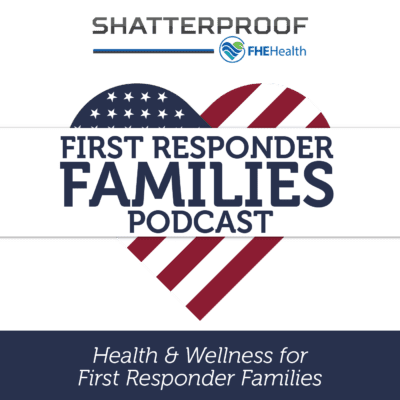
Visit Our Page to Learn More
Weekly Family Support Groups
We offer two 12-week support groups for currently enrolled patients’ families. For the Shatterproof program we have a specific weekly support group for spouses/significant others. Another weekly support group is for currently enrolled patients’ families who are in our treatment for mental health or substance abuse issues, including first responders families. These are free of charge and are open meetings for those who need support while a loved one is going through treatment at FHE Health.
These support groups are lead by our Director of Family Services who will guide participants through topics on mental health issues, self-care, and relationship dynamics. These groups are designed to help participants by offering support, sharing knowledge that empowers, and providing guidance for the next step of healing. We believe in a “parallel process” of family involvement – when a person in need is receiving treatment and the family is receiving support, the whole family is growing together for better outcomes.
Outside family support groups and resources
In today’s digitally connected world, families have access to more resources than ever before. FHE Health staff will make recommendations to resources that are useful and therapeutic for family and interested others in the patient’s life. While treatment is a short-term intervention, it is often advisable to recommend long-term supports such as a therapy group, individual or family therapy, or a support resource for families. We have a listing of family and other educational and support resources. Educational materials are available as well as in-person and virtual support opportunities. Families can self-refer to a support opportunity, discuss with our staff for suggestions, or may be clinically recommended to a support. We believe being healthy is for everyone. Each family member and each patient deserve the opportunity to be their best and to have access to resources that may benefit them. We will help to share and seek out possible resources that can be of benefit.
Understanding Releases of Information: The ability for family to participate in patients care
FHE Health recognizes that each patient is part of a system, be it community, family, work, or other communal settings. Many times, these are supportive and are included in treatment as a positive advocate for the patient, if the patient signs a release for our staff to communicate with the outside party. Patients have the right to decide who is included or not included in their care (unless a court has ruled otherwise). We do not require family or support consents to be signed but we will offer those that we are aware of, and think could facilitate care. As an adult, the patient is not required to have any one on a Release of Information. Per federal law we are not able to confirm nor deny someone’s presence in treatment unless they have given us permission to do so. When families don’t hear from staff during treatment, it can be because we do not have the patient’s written permission to talk to the family about their treatment. Patients can, and sometimes do, revoke a consent after they were allowing information to be shared earlier in treatment. This can happen without notice; it is up to the patient. The facility cannot, by law, give out any information or share any information about the patient or their care without a written Release of Information form that FHE Health makes available at any time during treatment.
Articles for Families
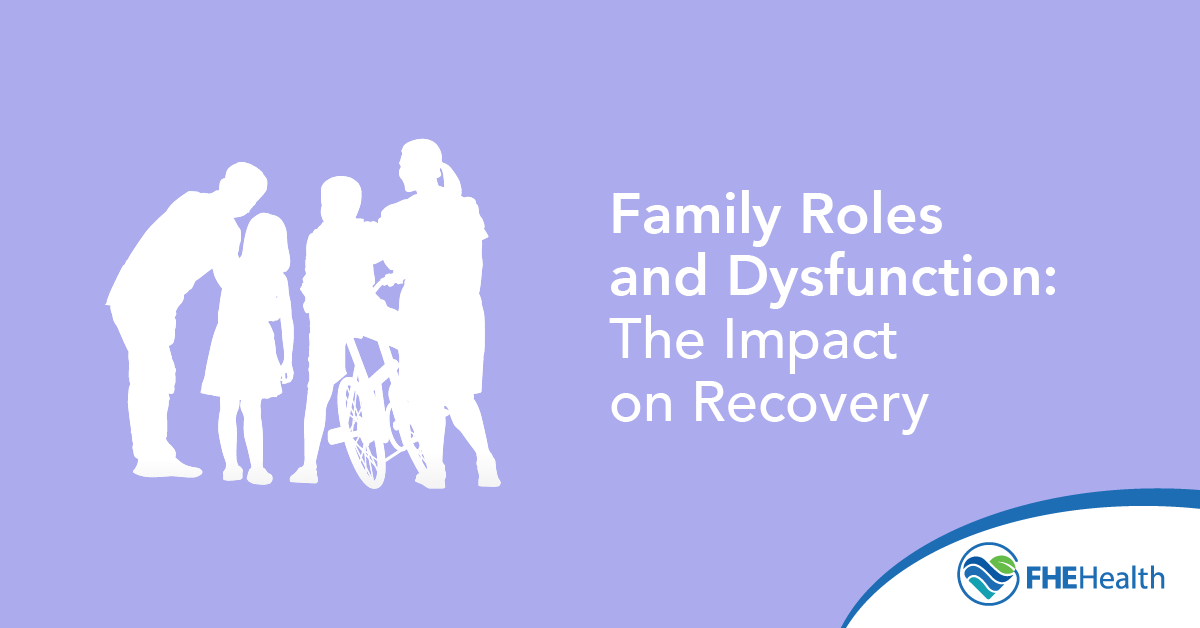
Family Roles and Dysfunction: The Impact on Recovery
When it comes to recovery from addiction or mental health challenges, many people focus on the individual, and understandably so. However, what often gets overlooked is the critical role family dynamics play in both the development of these challenges and the successes or setbacks that can occur during recovery. Families are systems, and when those […]
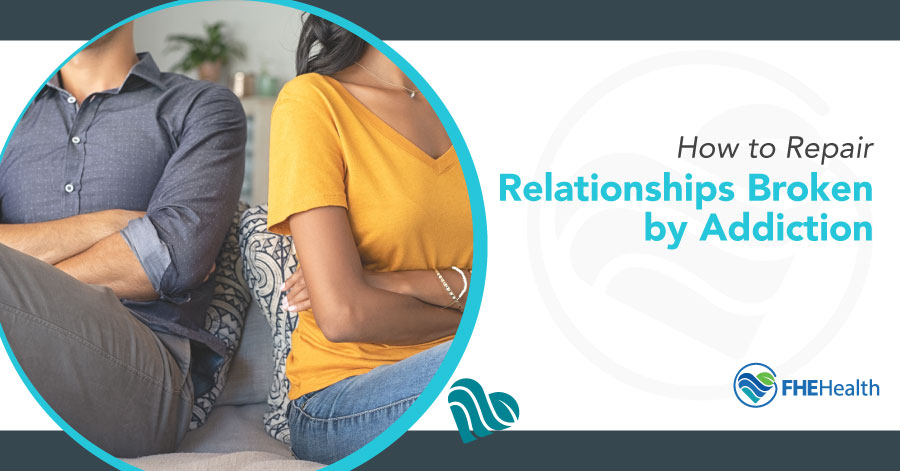
Repairing Relationships Broken by Addiction
For many people with substance abuse disorders, balancing addiction and relationships can lead to significant problems. When you have a close friend or family member fighting addiction, it can feel like they’re fighting you and other loved ones. Addiction can alter people’s behaviors and responses, motivating them to do anything necessary to continue using. This […]
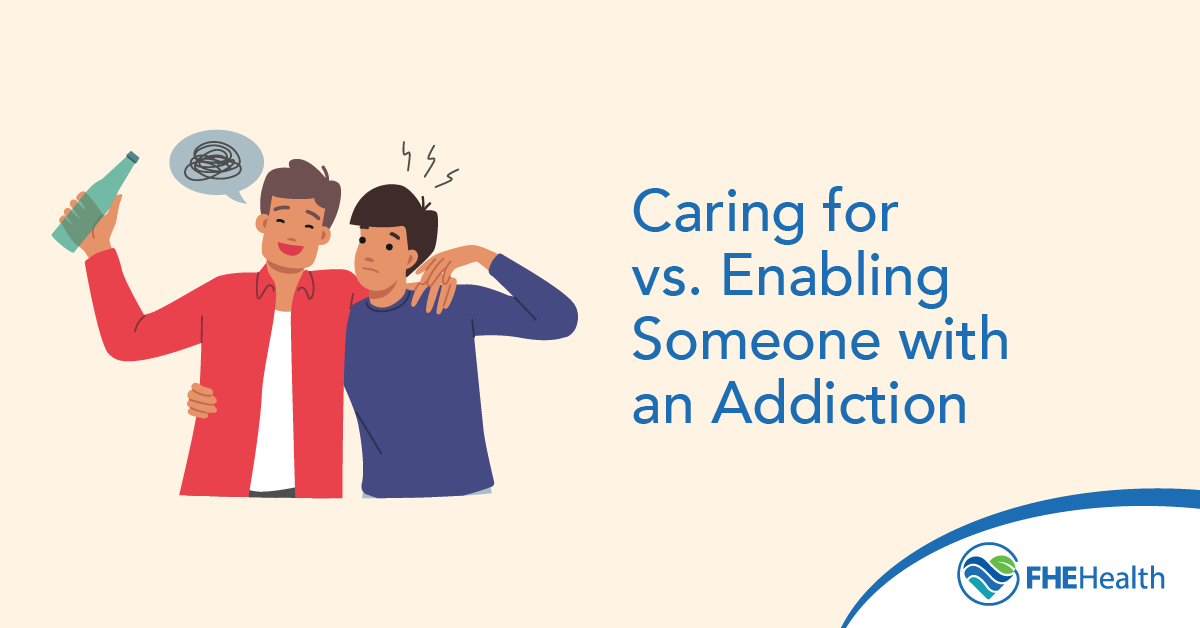
Caring For vs. Enabling Someone with Addiction
Loving someone who has a drug or alcohol addiction can be very difficult. Whether you’re a parent, sibling, spouse, child, or friend, it’s natural to want to be there for that person and try to help. You may find yourself trying to ease their pain, solve all their problems, or protect them from the consequences […]
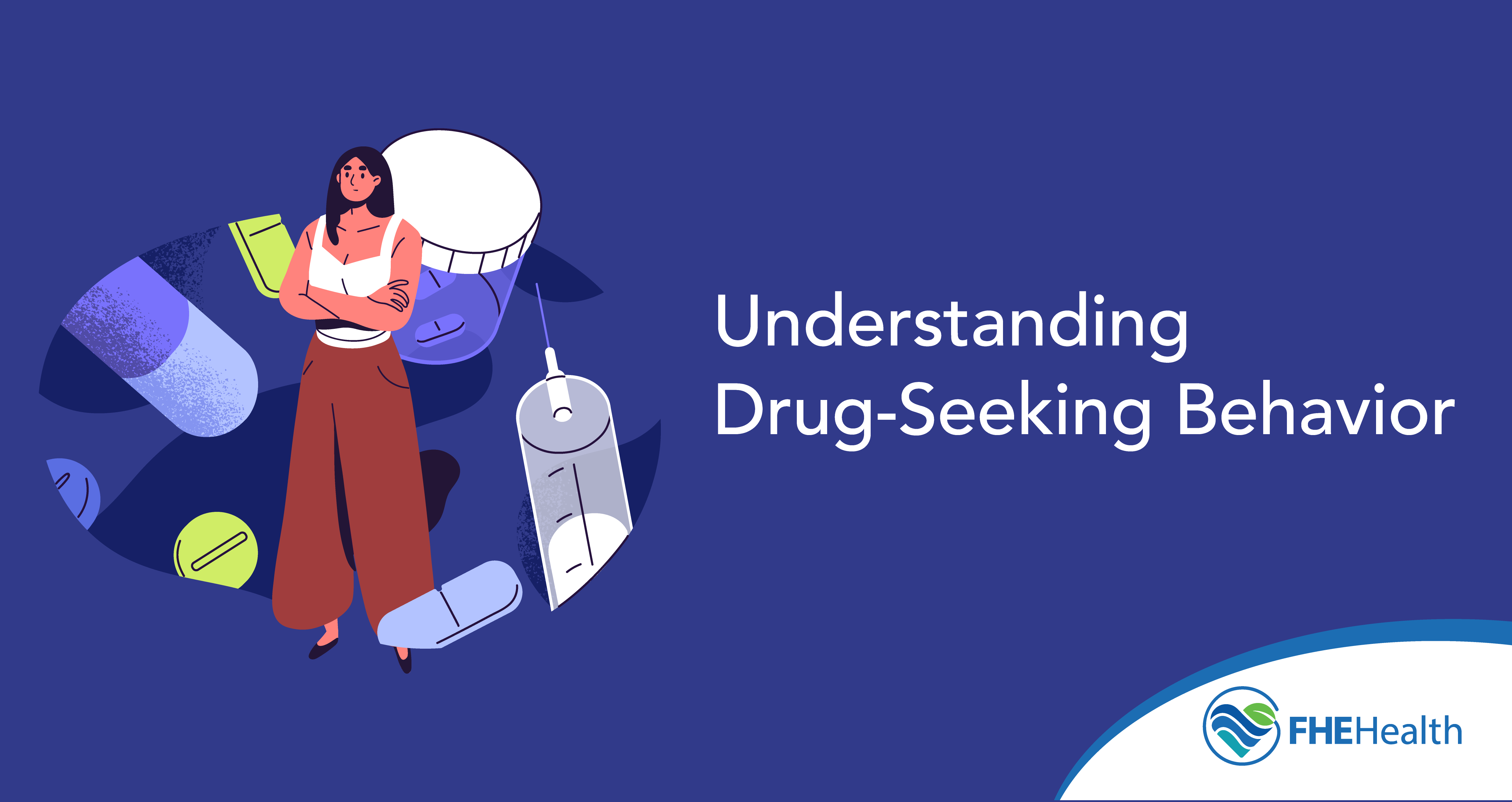
Understanding Drug-Seeking Behavior
Prescription drug addiction is a challenging and often misunderstood issue. According to the CDC, nearly 8.6 million U.S. adults misuse prescription drugs each year. For people struggling with substance use disorders, drug-seeking behavior can become a way to maintain their addiction, often involving attempts to obtain prescriptions from doctors or pharmacies under false pretenses. While […]
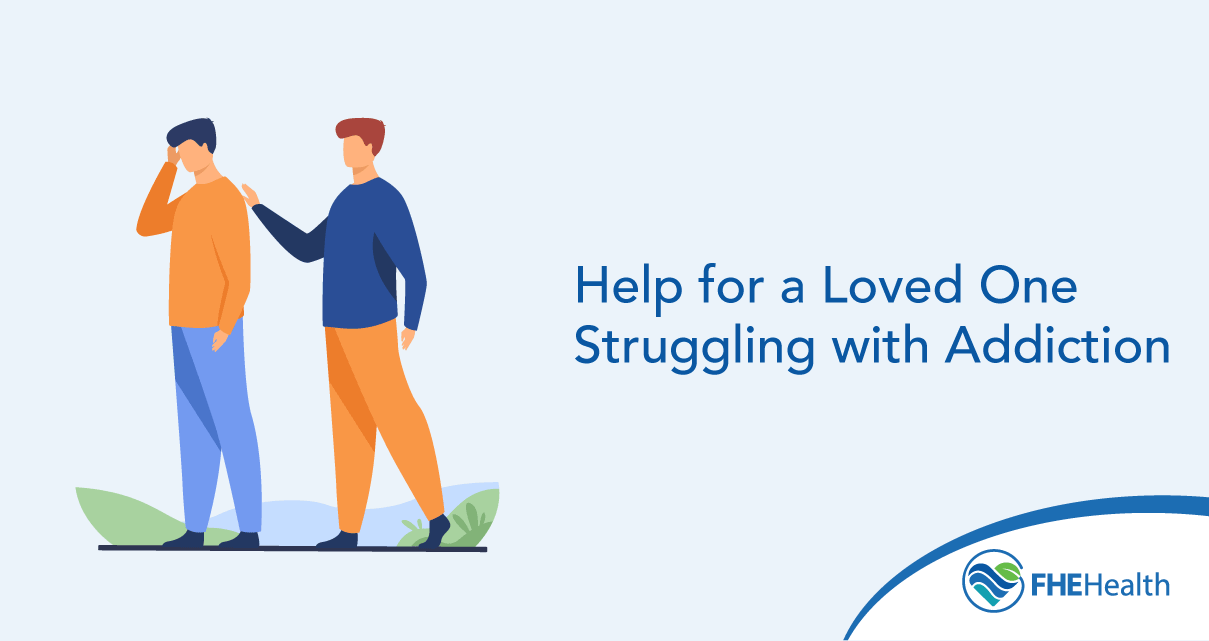
Help for a Loved One Struggling with Addiction
Have you noticed worrying signs your partner or friend is drinking too much or relying on drugs or opioid medication to cope? Maybe you believe they can’t seem to stop and are evasive about their substance use. Their behavior has changed, and you’re concerned they’ve become addicted to drugs or alcohol. You realize you don’t […]
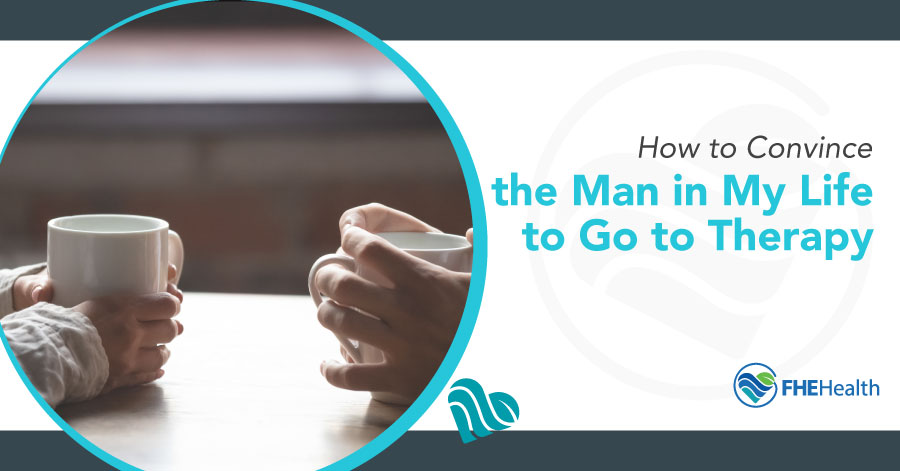
How to Convince the Man in My Life to Go to Therapy
Sometimes life throws a curveball, and everything feels a bit off-kilter. At times like this, relationships can get dicey, especially if money is an issue and employment woes are at the forefront. For many people, recent developments such as heightened confinement at home have contributed to emotional, psychological, and even physical difficulties that result in […]
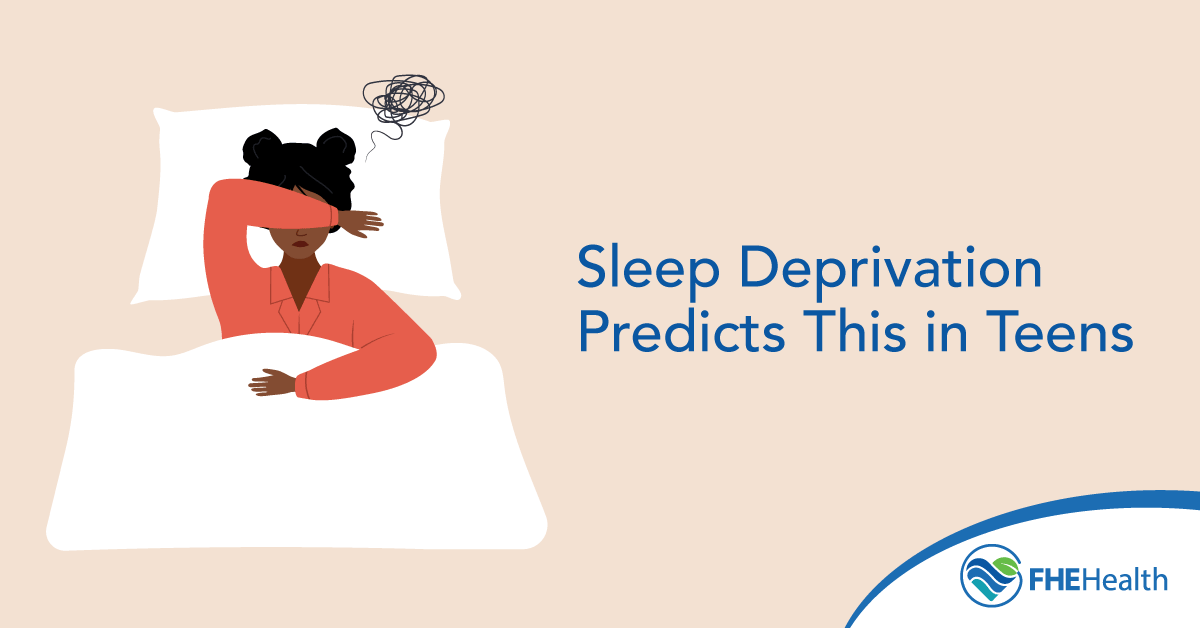
Sleep Deprivation Predicts This in Teens
Sleep provides multiple benefits for the brain and body, allowing for improved cognitive functioning, enhanced moods and better mental and physical health regardless of age. Sleep also helps the body repair itself and fight off a wide range of illnesses while strengthening the ability to make better choices. As a result, a direct correlation exists […]

The Role of Family in Preventing Substance Abuse
Addiction is often viewed as a personal battle. However, drugs and alcohol don’t affect only the person consuming them. Watching a family member struggle with substance abuse can impact spouses, parents, children and siblings. This explains why many treatment centers offer family addiction counseling. They understand addiction can destroy families. But family members also play […]











